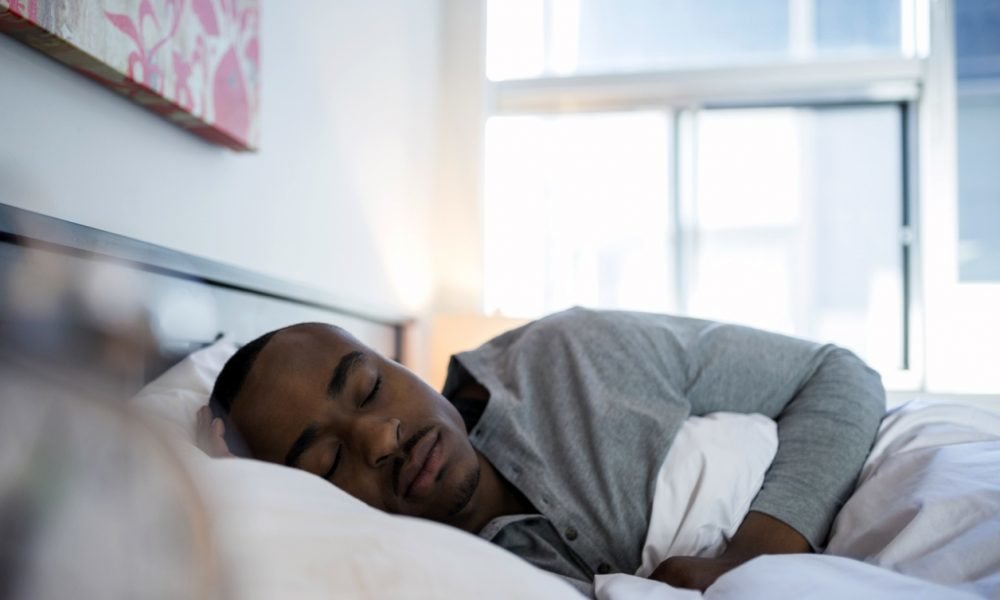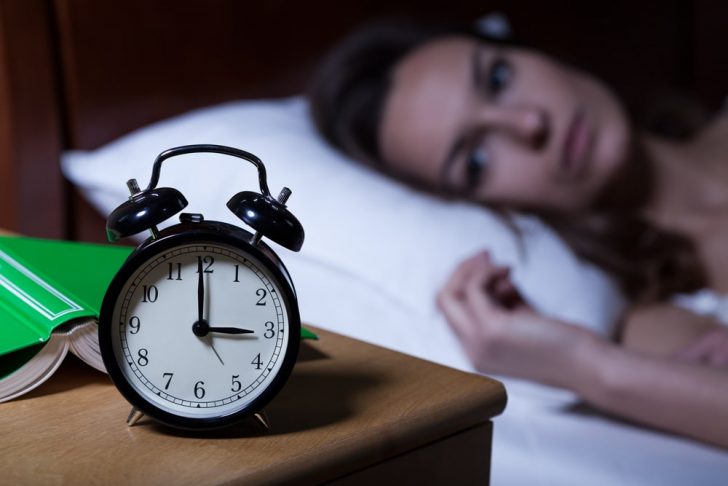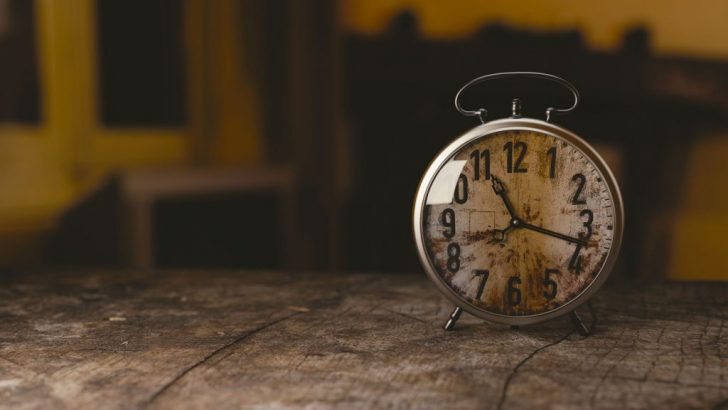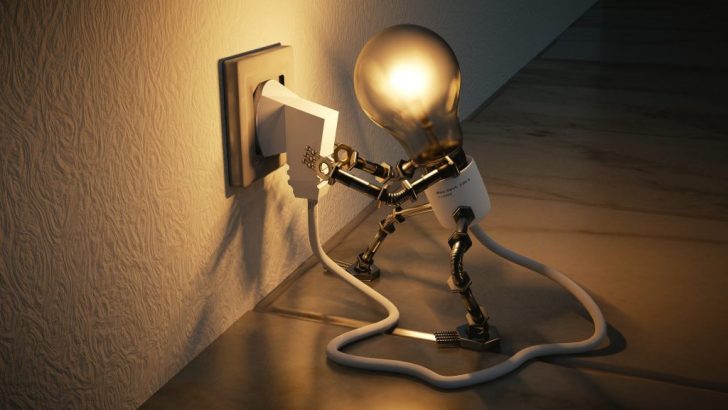
“I Long Desperately for Sleep but why Does it keep Eluding me?” Understanding your Brain, Circadian Rhythm, and Tips to Help You Fall Ssleep!

Are you among the multitudes of people who are bone-tired at night? People who make plans of sleeping early with complete conviction but, are left awake in bed with no signs of sleep for hours on end? Did you spend last night tossing and turning in your bed to no avail because sleep has become your hostile enemy, always keeping its distance from you?
Aah, then you must be drowsy right now, craving for a dozing session at your workplace!
Well, you have landed at the right place because we know how crucial a seven-to-nine hour sleep is for your health.

Deposit Photos | Many people world over suffer from sleep-related problems
The National Institute of Neurological Disorders and Stroke (NINDS) suggests that a good period of sleep can flush out the toxins from your brain, that may have accumulated due to staying awake the entire day. It strengthens your cognitive functionalities and helps boost memories. Likewise, it allows the body to heal and engage in cell reproductive function. There is also concrete evidence on how a lack of sleep can deteriorate overall health and reduce immunity. Hence, you may be susceptible to high blood pressure, depression, diabetes, and weak metabolism.
It sounds scary, doesn’t it? That means you need to quickly formulate a plan to help regulate sleep patterns to improve your general health and life longevity.
Here are a few tips that can be very productive in helping you fall asleep quicker;
-
Formulate a strict routine
Be mindful of the routine you devise. Once you forge a timetable for yourself, make sure to stick by it. That means you should hit the bed at exactly the same time every day, and even avoid the temptation of staying up late on weekends. Do not think of stretching your nighttime sleep into the day if you have a day off from work, as this will muddle up your brain.

Unsplash | Your body needs a strict routine to regulate sleep patterns properly
-
Regulate your nap time
An afternoon nap is essential to revitalize you and keep you active till night time. However, this nap should essentially be half-an-hour long only. If it extends further into the evening time, Mayo Clinic warns that you may end up not being sleepy enough at night.
-
Let your melatonin kick in: reduce light and sound exposure
Your body is powered by a natural mechanism called the circadian rhythm that regulates your activity stamina, metabolism, and hormonal changes. The National Institute of General Medical Sciences (NIGMS) revealed that a variety of reasons factor in the performance of circadian rhythms, such as temperature and light. As the night descends, and it gets dark, your pineal gland releases a hormone called melatonin, which is responsible for inducing sleep.
However, when we use cell phones at night time or use electricity to brighten our nights, we are confusing our brain’s natural mechanism, thus disrupting our routine. In addition, we should reduce the noise and sound in the surroundings, just like how at nighttime animals recluse for rest, to let melatonin kick in.

Unsplash | Dimmed lights are essential for a night of peaceful slumber
Still, if you do not find these tricks helpful or find it impossible to stick to a routine, you could always try the decade-old trick as your last resort: count the sheep in your head! What an exhausting task! Yet a surefire way to fall asleep.
More in Health & Well-being
-
`
Signs of Emotional Connection in Relationships
Building a strong connection with someone isn’t just about being in sync or sharing hobbies—it’s about that deeper bond, where you...
December 4, 2023 -
`
Hollywood’s Shortest Marriages: Britney Spears, Carmen Electra & More!
In the glitzy world of Hollywood, where fairy tales often unfold on the silver screen, there exists a flip side—a realm...
December 3, 2023 -
`
The Surprising Benefits of Unplugging
In today’s hyper-connected world, where we are constantly bombarded with notifications, messages, and the allure of social media, disconnecting may seem...
November 26, 2023 -
`
How “Looking Your Best” Improves Our Wellbeing
Most of us have had moments standing in front of our closet, deciding on an outfit for the day. And we...
November 15, 2023 -
`
Therapy? Medication? What Are the Treatments for PTSD
Post-Traumatic Stress Disorder (PTSD) is a common after-effect of traumatic events. It can be a debilitating condition, but the good news...
November 7, 2023 -
`
Meet the Woman Who ALMOST Married Barack Obama
Barack Obama’s life has been a captivating narrative, often told and retold, with each revelation adding layers of intrigue to his...
November 5, 2023 -
`
The Rise of Caviar Bumps, Thanks to Gen Z
In an intriguing twist of culinary culture, millennials and Gen Zers are drawn to an unusual indulgence – fish eggs, or...
October 28, 2023 -
`
Everything You Need to Know About Acid Reflux, Heartburn and GERD
Ever had that burning-in-the-chest sensation after a meal? Or perhaps you have lain awake at night with an odd sour taste...
October 17, 2023 -
`
Best AI Apps for Mental Health
Mental health has long been a topic of discussion and concern. With technological advancements, AI (Artificial Intelligence) has emerged as a...
October 10, 2023















You must be logged in to post a comment Login